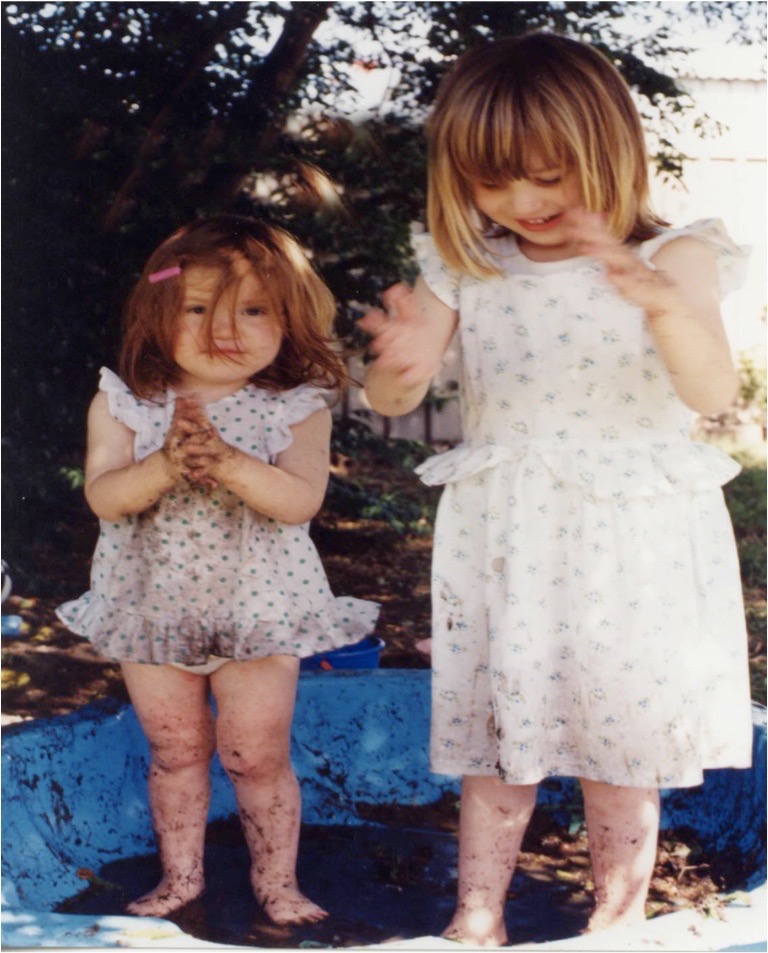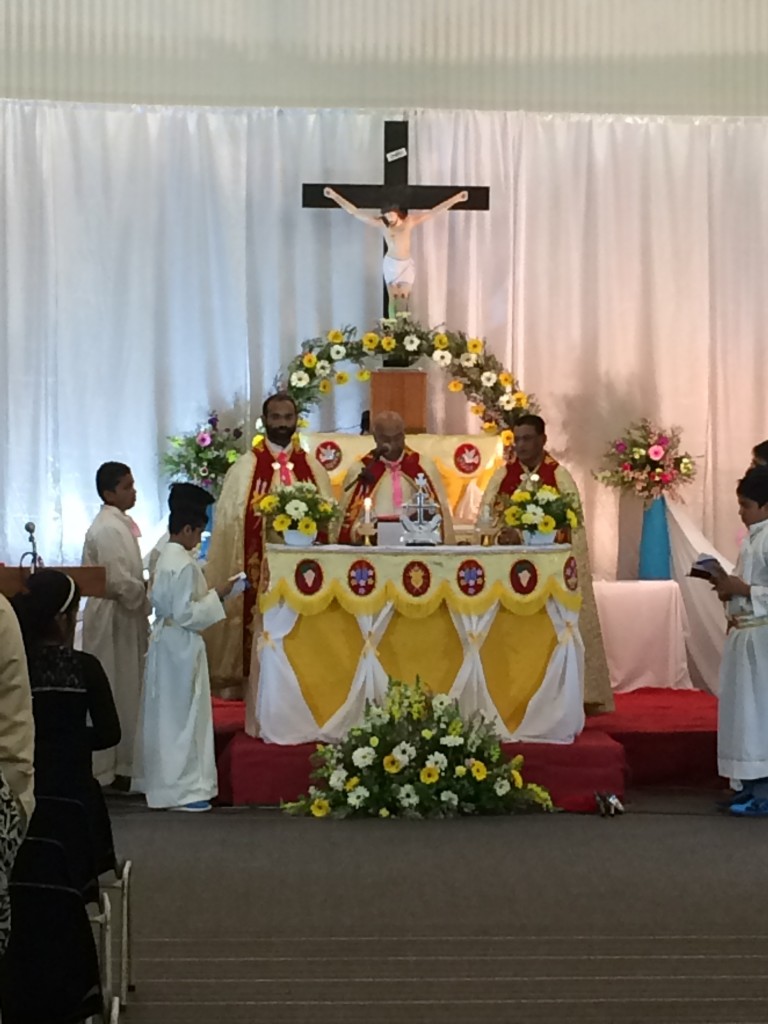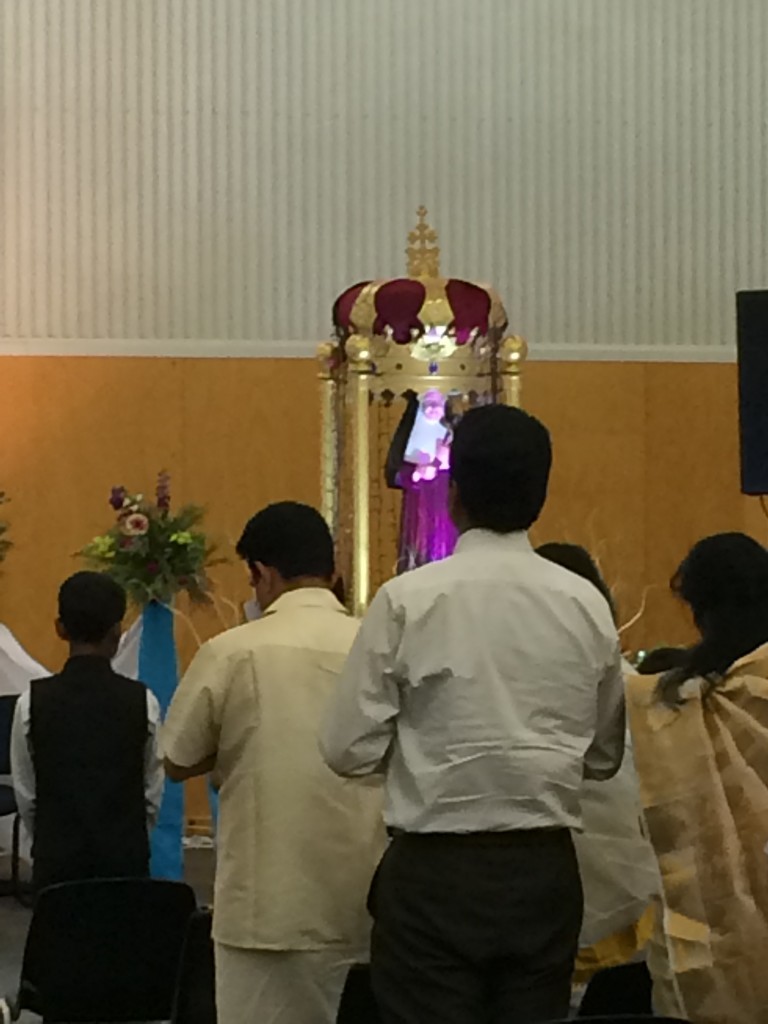When reading Matthew 4:1-11, “The Temptation of Jesus “I reflected on what are some of the things that tempt me and how does it relate to the scripture?
Jesus’s first temptation after 40 days and nights in the desert was to be tempted by the devil to turn stones into bread.
Jesus replied,
“One does not live by bread alone, but by every word that comes from the mouth of God
My interpretation of this scripture verse is what do I hunger for? I ask myself the question do my goals and ambitions align with the Gospel values? When reflecting on the answer to that question I believe the key is that do they provide a catalyst for the goals and ambitions of others? Thus providing a hunger and thirst for knowledge and wisdom that affirms all people and the wider community.
Secondly, Jesus was tempted by the devil to throw himself off the pinnacle of the temple and God’s angels would save Him from getting hurt.
However, Jesus answered,
“Do not put the Lord your God to the test.”
My take on what Jesus said here is do I pray to God about my wants more than my needs?
I constantly think about how often do I let God into my life or do I drive the direction my life proceeds? Additionally, do I make the time to pray and read the scriptures or consider my life too busy that in my downtime I seek to pursue my own interests rather than share my life and possessions? Hence my time sometimes seem to relate more to my wants than to my needs and often doesn’t include God or others but my own yearnings.
Finally, Jesus was offered all the kingdoms if he bowed down and worshipped the devil.
Yet Jesus responded
“Worship the Lord your God and serve only Him.”
My understanding of Jesus’ response is that in all aspects of our life we must acknowledge God has our creator. That is building a positive relationship with God through my relationship with other people, the community and creation. Furthermore, to centre my relationships with creation, family, friends and communities on empathy and understanding not on my own self importance and prestige. Thus, continuing to develop positive relationships and that is where I see the face of God.





